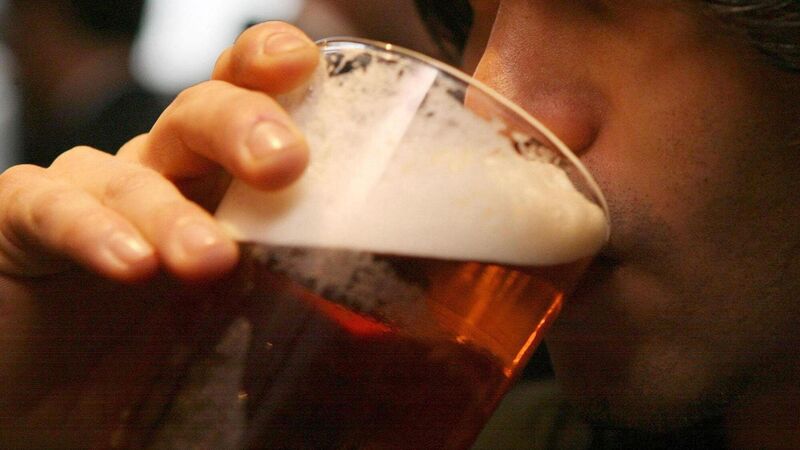Almost 1 million people in Ireland grew up with a problem drinker in the home

The Adverse Childhood Experience study, carried out by Maynooth University, found a 'significant association' between post-traumatic stress disorder and having a problem drinker in the household.
Research has found that 25% of adults in Ireland — almost 1 million people — experienced living with a problem drinker as a child, according to Alcohol Action Ireland (AAI).
The Adverse Childhood Experience (ACE) study, carried out by Maynooth University, also found a "significant association" between post-traumatic stress disorder (PTSD) and having a problem drinker in the household.













